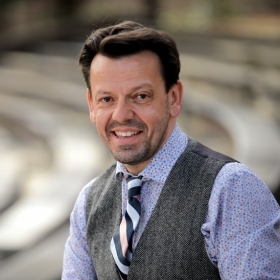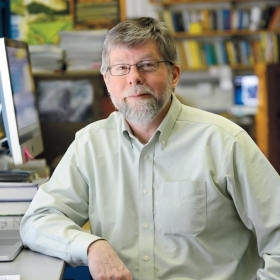Set during the turbulent years of the Vietnam War, The Beauty of Ordinary Things, the newest novel by Harriet Scott Chessman ’72, explores young Benny Finn’s return to everyday American life after his wartime service....

Harriet Scott Chessman ’72
The Beauty of Ordinary Things
Atelier26
144 pages, $13.95
Set during the turbulent years of the Vietnam War, The Beauty of Ordinary Things, the newest novel by Harriet Scott Chessman ’72, explores young Benny Finn’s return to everyday American life after his wartime service. Haunted by his comrades’ inability to readapt to civilian life, and driven by a yearning for emotional stability in the wake of his own battle trauma, Benny navigates a messy tangle of desires and doubts about the direction of his life. He finds himself alternately drawn to the beautiful Isabel Howell, his younger brother’s girlfriend, and magnetized by the cloistered, quiet world of the rural Benedictine abbey to which she introduces him. Her friend, Sister Clare, is a novice there.
In traversing lingering memories of war, his Irish Catholic upbringing, and the tumultuousness of early adulthood, Benny is driven forward by two contradictory desires: the pull of bodily longing and physical interconnection, and the call of spiritual grace and transcendence. Sensing that the emotional “island” he lives on is “shrinking faster” with each passing day, he strives to find meaningful connections—to God, and to his fellow man—that will stave off his growing alienation and isolation.
In prose that evokes the way small moments matter, The Beauty of Ordinary Things illustrates the centrality of grace in a well-lived life and illuminates the healing and self-discovery that can be found through engagement with the quotidian. In looking for answers, Benny stumbles across the quiet wisdom of “ordinary things” as he tends the gardens at the abbey, performing work that roots him in the present and grounds his confusion and loneliness. In his encounters with Sister Clare, who is negotiating her own spiritual journey and beginning to come to terms with the demands of the vows she will take, Benny finds himself with the gift of a world of retreat and contemplation in which to work through his sense of isolation. In exploring issues of faith, fidelity, and forgiveness, the two of them, along with Isabel, who traverses an unexpected challenge of her own, come to discover “[h]ow many forms love can take, after all.”
In evoking the rituals of cloistered life and the complexity of military experience, Chessman, the author of Lydia Cassatt Reading the Morning Paper, Someone Not Really Her Mother, and Ohio Angels, tells a multifaceted yet graceful tale in alternating voices. It shifts among experiences both feminine and masculine, spiritual and secular. In provocatively asking “How do you let go of your ordinary self, your confusion and heat and desires?” The Beauty of Ordinary Things asks intricate questions about what it means to be human. The novel demonstrates Chessman’s skillful fluency in articulately rendering the often-inchoate nature of private experience. It’s a task she performs while never losing sight of the rich grounding context of this query in the specific material, social, and political realities of New England in 1973. In bridging the often-disparate worlds of faith and politics, The Beauty of Ordinary Things marvelously presents us with a vision of life far from ordinary.
Hinrichsen is an assistant professor of English at the University of Arkansas.


